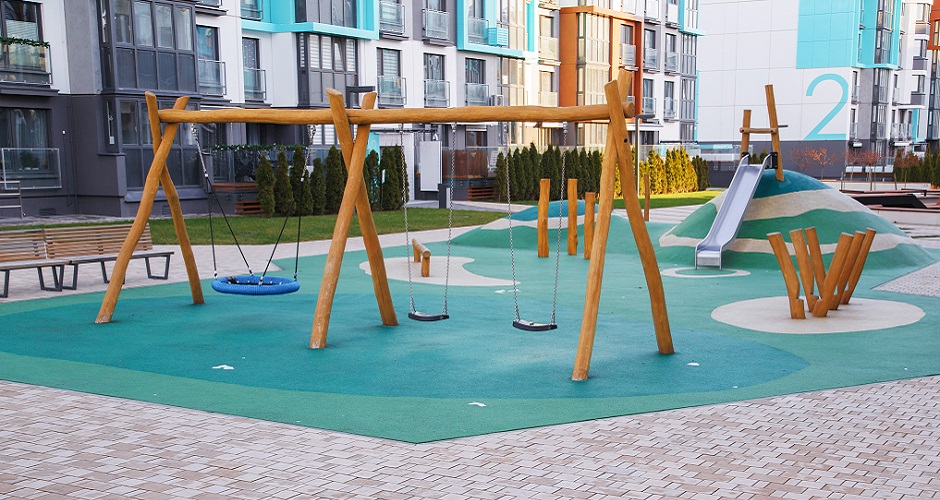Urban remodeling, a need to be heard

The need for public spaces in the cities is lacking, even more so after the post-quarantine experience with Covid-19 and its strict restrictions due to security measures. Undoubtedly, children have been among the most affected by this whole experience.
The pandemic was a totally unexpected event, which has shaken the foundations of our society in so many ways. The various confinements have shown us the clear differences between families living in the city, with a high population density, and those who, on the contrary, live in villages with lower populations. The fact of having a garden, a terrace, a balcony or an open space for recreation has greatly influenced people psychologically during this last year, especially on the youngest members of the household.
The need children have to play and interact with other kids is a vital issue that influences their development, both physically and mentally. The decrease in physical contact and space, as well as the loss of routines, has had a very negative impact on the cognitive development of young children. This highlights the clear need and importance of public spaces for recreation and play in cities. Open and accessible spaces that promote citizen coexistence, equality and social inclusion. In addition to the urgent demand for green spaces, which would provide a better environmental quality and lower pollution emissions that occur in these metropolitan areas. Fortunately, some initiatives have begun to be implemented in order to improve the quality of life of people in large cities, such as "superblocks", widening the roads for pedestrians, or limiting vehicle traffic to reduce emissions.
As far as recreational areas and parks, an example to follow is Basurama, a collective that proposes in its projects the reuse of waste as new resources. This same organization has proposed to the Madrid City Council the reuse of trees that fell and were destroyed by the Filomena storm as material for the creation of structures and playgrounds in schools. The idea is to give a second life to existing materials that we currently consider as waste, with the aim of saving resources for the environment and building necessary spaces for children.
Cities such as Berlin already apply similar systems, adapting playgrounds to the elements of each space. The materials used are varied, but wood and rock predominate, together with other common elements of the city recycled to become huts, forts, monsters and any other element that gives way to a child’s imagination.
We hope that the situation brought on by Coronavirus teaches a lesson to public entities to promote urban transformation that is crying out for change.
#eDiversaGroup #comeDiBuild #remodelacionciudadana #espaciospublicos
